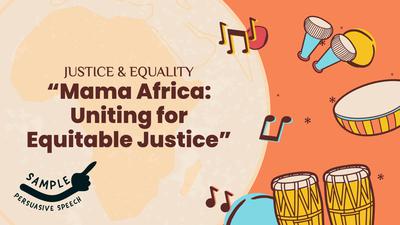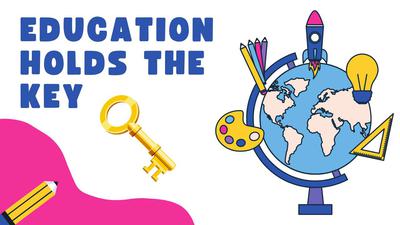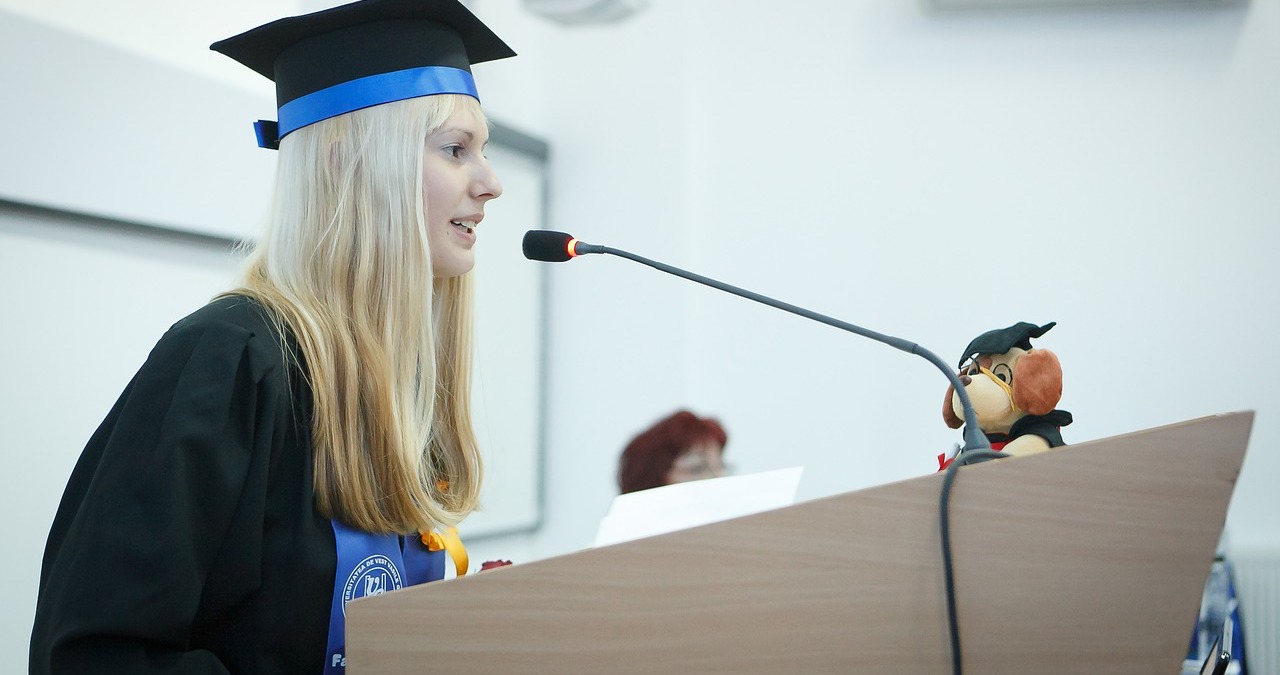"Mama Africa: Uniting for Equitable Justice"
by Ametha Draper
(Mendoza, Argentina )

Sample Persuasive Speech - Mama Africa
Ladies and gentlemen, distinguished guests, and fellow advocates for justice and equality,
Today, I stand before you to shed light on a painful truth that has persisted throughout history: the detrimental impact of the Western world on the African continent. From the moment the first white men set foot on African soil to the present day, the Western powers have systematically exploited and crippled Africa, leaving a trail of devastation in their wake.
The plundering of Africa's natural resources stands as a stark testament to this exploitation. Throughout the centuries, Africa's vast wealth in minerals, diamonds, gold, and other valuable resources has been pillaged by Western powers. These resources, rightfully belonging to the African people, have fueled the economic growth and prosperity of distant lands while leaving Africa impoverished and vulnerable.
Historical documents from colonial times depict the horrors endured by Africans at the hands of these exploitative powers. Kidnapping African children and selling them into slavery was a practice that devastated countless families and communities. The scars of this dark era still haunt us today, as we grapple with the enduring consequences of forced labor, violence, and the disruption of African societies.
Moreover, the Western powers have strategically sowed discord among African nations, exacerbating existing divisions and igniting conflicts within the continent. By doing so, they aimed to weaken Africa from within, ensuring their continued dominance and access to resources. Examples abound throughout history, from the arbitrary drawing of colonial borders that disregarded ethnic and cultural realities to the arming of rival factions during civil wars. These actions have left African nations vulnerable to internal strife and hindered their collective progress.
The COVID-19 pandemic serves as a distressing reminder of the Western world's callous disregard for the African continent. While powerful and wealthy nations rushed to secure vaccines for their populations, Africa was left to fend for itself, with limited access to life-saving doses. The consequences were devastating, as millions of lives were needlessly lost due to the lack of equitable distribution.
It is an undeniable fact that the historical wealth of many Western nations was built upon the exploitation and theft of resources from Africa. In this context, the failure of these nations to support Africa during a global crisis speaks volumes about their selfish and indifferent attitudes. By hoarding the knowledge and formulas for vaccines, they perpetuated a system of inequality that further disadvantaged the African continent.
To compound the injustice, we often encounter outrageous views from some Western voices, who continue to propagate harmful narratives about Africa. One such example can be found in an article from the Brookings Institution, a renowned think tank. In this article, the reduction of fertility is suggested as one of the solutions to ending poverty in Africa. Such a proposition is not only callous but also deeply ignorant of the complex realities of the continent. It disregards the countless contributions and potential of Africa's young population, who, if provided with adequate opportunities, can drive sustainable development and progress.
It is high time we challenge the pervasive air of superiority that some in the Western world still cling to. We must reject the notion that one race or one group of people has the right to determine the worth and destiny of others. We are all equal as human beings, entitled to the same basic human rights, regardless of our race or creed. The belief in inherent superiority is an affront to the principles of justice and equality, not only within Africa but throughout the world.
In conclusion, the Western world's historical exploitation of Africa cannot be denied or overlooked. It is our responsibility as advocates for justice and equality to expose these injustices, to demand reparations for the past and equitable treatment in the present, and to work towards a future where all nations, races, and creeds are truly equal. Let us remember that the struggles of Africa are not isolated but resonate with the struggles of oppressed peoples worldwide. Together, let us remember that the struggles of Africa are not isolated but resonate with the struggles of oppressed peoples worldwide.
Together, we can build a global movement for justice and equality. The struggles faced by Africa are interconnected with the plight of oppressed peoples across the globe. Whether it is the fight against systemic racism, economic exploitation, or the denial of basic human rights, our collective struggle knows no boundaries.
By recognizing the shared experiences and common goals that unite us, we can foster solidarity and amplify our voices. We must stand together, hand in hand, across continents, races, and cultures, to dismantle the structures of oppression and create a world where every individual is valued and respected.
In our pursuit of justice, we must work towards dismantling neocolonial practices, challenging economic disparities, and promoting fair trade and sustainable development. We must advocate for policies that prioritize the well-being and self-determination of African nations, ensuring that the wealth and resources of the continent benefit its people rather than being siphoned away.
Education and awareness play a crucial role in our collective journey. By examining historical documents, sharing stories of resistance, and engaging in open dialogue, we can challenge the dominant narratives that perpetuate inequality and discrimination. Through education, we can empower future generations to reject prejudice and work towards a more equitable and inclusive world.
Furthermore, it is essential that we hold the powerful accountable for their actions. We must demand transparency, ethical business practices, and responsible governance from multinational corporations and governments alike. This includes addressing issues such as illicit financial flows, tax evasion, and exploitative labor practices that perpetuate inequality and hinder the progress of African nations.
Ultimately, the struggle for justice and equality requires collaboration and partnership. Governments, civil society organizations, activists, and individuals must come together to support African nations in their pursuit of self-determination, sustainable development, and the realization of human rights. By building bridges and fostering genuine partnerships, we can create a future where Africa and its people are not merely recipients of aid or sympathy, but equal participants in shaping their own destinies.
In conclusion, let us unite in our commitment to justice, equality, and the empowerment of Africa and oppressed peoples worldwide. Together, we can build a world where the wounds of the past are healed, where the present is marked by solidarity and progress, and where the future holds the promise of a truly just and equitable global community.
Thank you.
By Ametha Draper
A Persuasive Speech by Ametha Draper on Education and Violence
by Ametha Draper
(Mendoza, Argentina)

Sample Persuasive Speech - Education Holds the Key
Remarks by Ametha:
"Here's a new speech I wrote after watching the news. It's sad to see so much violence everywhere one turns."
Today, I stand before you with a heavy heart, burdened by the distressing reality that surrounds us. As I watched the news unfold, I couldn't help but feel a deep sorrow, for it seems that violence has become an unwelcome companion in our lives. It lurks in the streets we walk, the neighborhoods we call home, and the corners of the world we explore.Violence, in all its forms, has seeped into the very fabric of our society. It leaves behind scars of pain, tears of grief, and shattered hopes for a peaceful coexistence. From senseless acts of terror that shake our foundations to the quiet battles fought within our homes, the specter of violence looms large, casting a dark shadow over our collective conscience.
But as we gather here today, united by a shared concern, let us not succumb to despair or resignation. Instead, let this be a moment of reflection and renewal. For it is in acknowledging the gravity of the challenges we face that we find the motivation to rise above them, to strive for a better world.
We must recognize that violence stems from a multitude of complex factors—a convergence of societal, economic, and psychological dimensions. It festers in the soil of inequality, injustice, and despair. Therefore, we cannot address this issue merely by treating the symptoms; we must delve deeper and address the root causes that give rise to violence.
Education, my friends, holds the key to unlocking a brighter future. By investing in quality education, we empower individuals with knowledge, critical thinking skills, and empathy. Education equips our children and youth with the tools they need to build a world based on understanding and respect, rather than fear and hostility. It is through education that we can instill the values of compassion, tolerance, and non-violence in the hearts and minds of future generations.
Furthermore, let us foster a culture of dialogue and open communication. Too often, conflicts arise from misunderstandings, stereotypes, and a lack of willingness to engage with diverse perspectives. We must strive to create safe spaces where individuals can come together, exchange ideas, and find common ground. By promoting dialogue, we can bridge divides, dismantle prejudices, and build bridges of understanding that unite us as a global community.
Additionally, as responsible citizens, we have a duty to hold our leaders accountable for their actions. We must demand policies that prioritize peacebuilding, conflict resolution, and the protection of human rights. By advocating for change and supporting organizations committed to non-violence, we can contribute to the creation of a society that values life, dignity, and justice above all else.
Lastly, let us not underestimate the power of small acts of kindness and compassion. In a world plagued by violence, a single act of love can create ripples of hope. Whether it is reaching out to a neighbor in need, supporting a local charity, or simply offering a listening ear, our individual actions can make a profound difference. By nurturing empathy and kindness within ourselves and our communities, we can counteract the darkness that violence brings and foster a culture of peace.
As I conclude my words today, I invite each and every one of you to join me on this journey towards a more peaceful and harmonious world. Let us refuse to be complacent in the face of violence, and instead, let our collective voice ring out in a resounding call for change. Together, we can weave a tapestry of compassion, understanding, and solidarity that will overpower the forces of violence and bring forth a brighter tomorrow.
Thank you, and may peace prevail upon us all.
Ametha Draper
Comments for A Persuasive Speech by Ametha Draper on Education and Violence
|
||
|
||
Free email delivery
MASTER INFORMATIVE SPEAKING WITH OUR FREE CHECKLIST!
We are offering you a FREE SpeakFlight Informative Speaking Preparation Checklist. This valuable resource is packed with step-by-step guidance to help you create compelling, memorable, and effective informative speeches.






